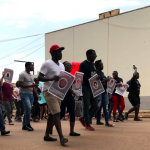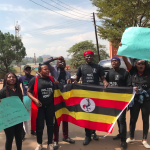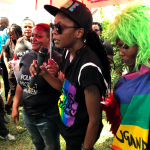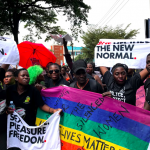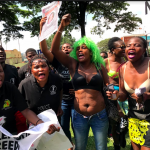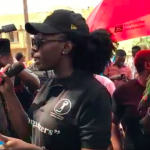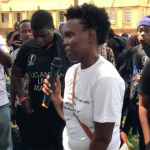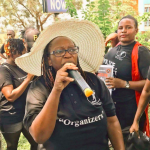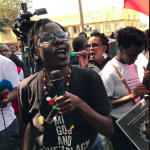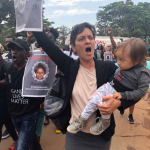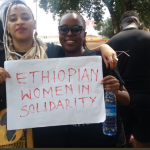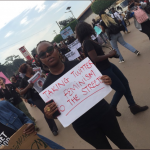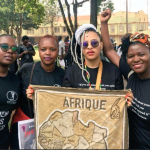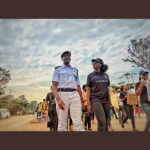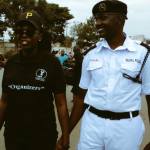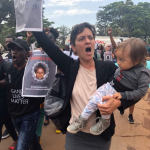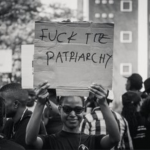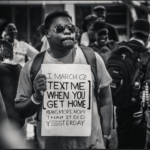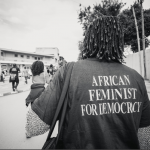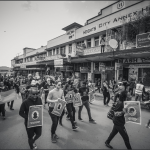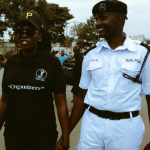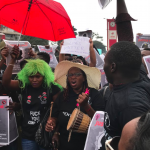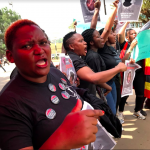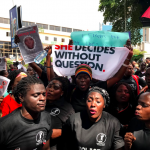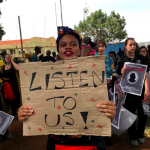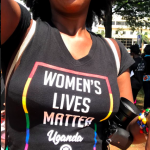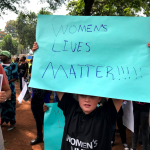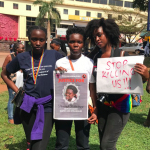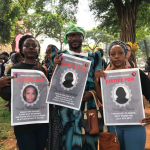
The Ugandan Women’s March took place on Saturday June 30th, 2018 in the capital Kampala. After initial denial to grant a protest permit by the Inspector General of Police (IGP), the women’s protest working group successfully lobbied the Internal Affairs Minister, until the last minute to get police to approve their march permit.
This post is dedicated to the courageous feminist organizers and women and men that showed up to march for the 43 women (another woman’s body was discovered a day before the march in Jinja) whose lives were lost brutally. Ugandans and non-Ugandans who marched in solidarity did so to highlight police responsibility in ensuring the security of women regardless of sex, sexuality, class, age, ability and other protected categories.


Other members of the women’s protest working group also stressed that these kidnaps and murders are indicative of systemic issues that need to be confronted, including policy accountability. Most often cited reasons for these murders have ranged from walking alone, wearing revealing clothes, jealous husbands and lovers. Regardless of these excuses, the organizers stressed that “women are human beings who can wear what we want; walk at whatever time we want; visit whichever places we want to visit; and we are saying that we want security now!”
Women’s Lives Matter
Feminist Solidarity Across Borders
~ ” you strike a woman, you strike a rock.â€
And these rocks come out from everywhere because our contexts are different but our struggles are the same.
Prior to the protest, I was nervous of how it would all go down but also hopeful that the day would leave a mark in history books. The energy during the protest was powerful, magnetic, full of fellowship, solidarity, rightful rage, empathy, humanity and warmth. Hoping that after this we achieve a resolve in the many heart-breaking cases that have been brought forward since 2015 and that the process is transparent and just. For what good is a country’s security or its glorified defence forces if its femmes, women and girls, don’t feel safe in it?

